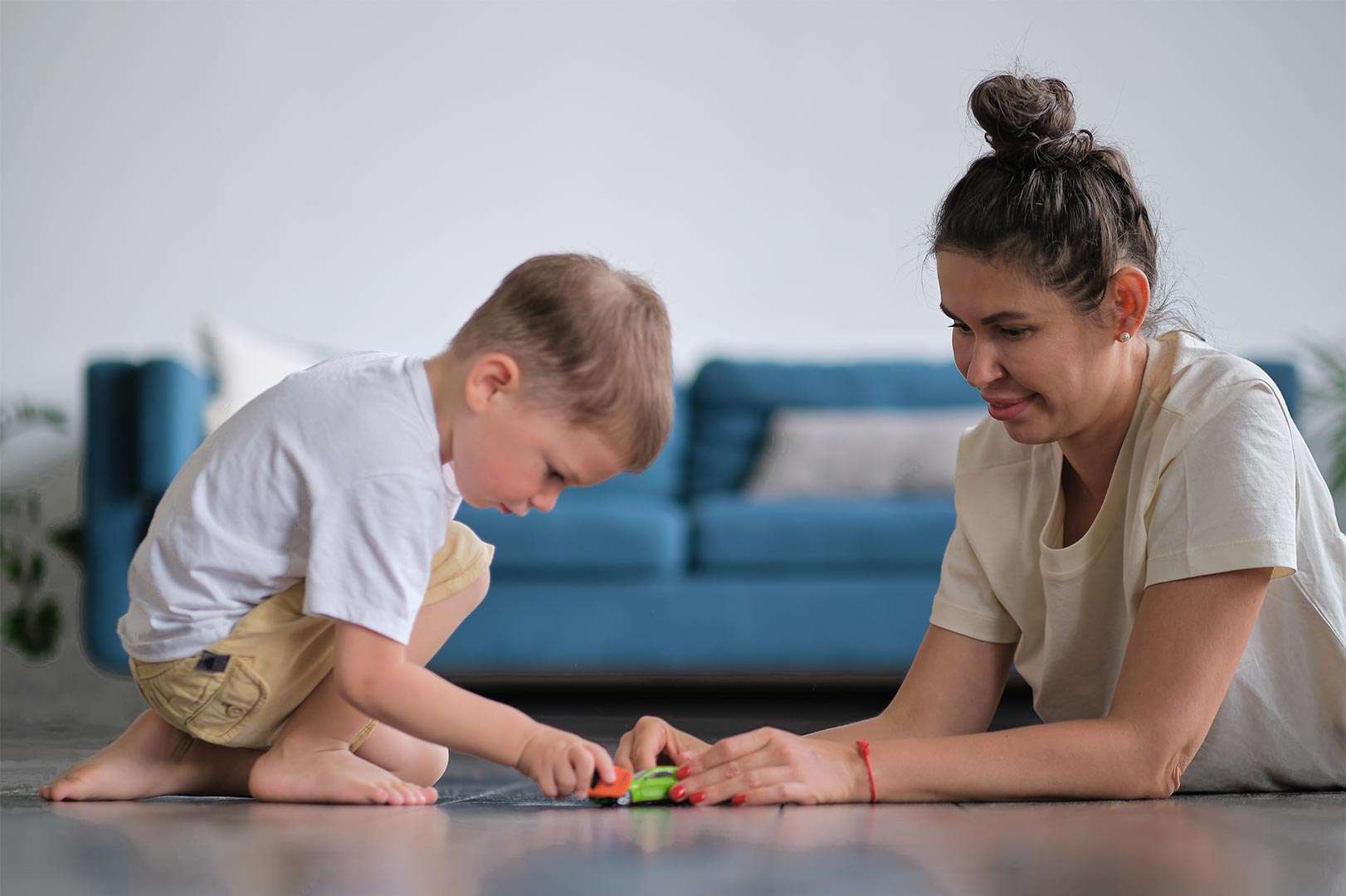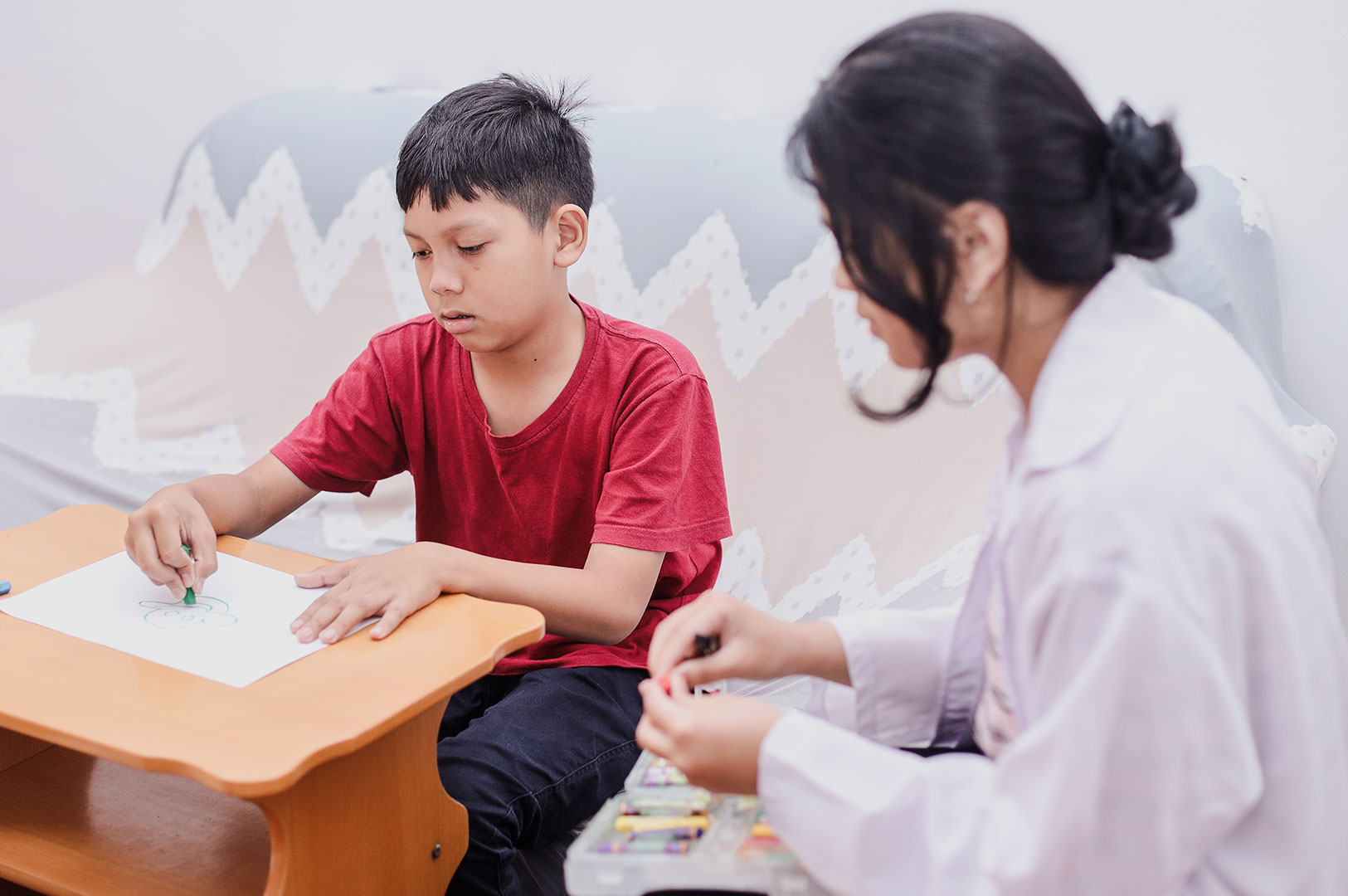In an increasingly interconnected world, recognizing and respecting diverse cultures is paramount to fostering inclusive and thriving communities. While much attention has been paid to cultural sensitivity, a growing movement advocates for the recognition of neurodiversity, encompassing the vast spectrum of human brain functions and the unique perspectives they bring. At the heart of this movement lies Autism Cultural Responsiveness, a framework that promotes understanding and acceptance of the unique experiences and contributions of individuals with autism spectrum disorder (ASD).
Autism Cultural Responsiveness, also known as Neurodiversity Cultural Responsiveness, challenges the traditional medical model of ASD, which often pathologizes autistic traits and focuses on deficits. Instead, it embraces the neurodiversity paradigm, recognizing that autistic people have distinct strengths, perspectives, and ways of being that enrich the human tapestry.
Understanding Autism Culture
Autism culture is a term used to describe the shared experiences, values, and perspectives of autistic individuals. It encompasses a wide range of expressions, from online communities and social gatherings to artistic endeavors and advocacy initiatives. Autism culturalists emphasize self-determination, community, and the acceptance of neurodiversity.
Principles of Autism Cultural Responsiveness
Autism Cultural Responsiveness emphasizes several key principles:
-
Presuming Competence: Recognizing that autistic individuals are capable of understanding and communicating, even if their communication styles may differ from neurotypical norms.
-
Embracing Self-Advocacy: Respecting the voices and perspectives of autistic individuals, particularly those who advocate for self-determined support and inclusion.
-
Acknowledging Neurodiversity: Recognizing that autistic traits are not deficits but rather variations in human brain function that contribute to neurodiversity.
-
Cultural Humility: Approaching interactions with autistic individuals with an open mind, recognizing one’s own cultural biases and assumptions.
-
Individualized Approaches: Tailoring support and interventions to the unique needs and preferences of each autistic individual.
Putting Autism Cultural Responsiveness into Practice
In practical terms, Autism Cultural Responsiveness manifests in various ways:
-
Educating the Community: Increasing awareness about autism spectrum disorder, neurodiversity, and the importance of cultural sensitivity.
-
Inclusive Language: Using person-first language, avoiding stigmatizing terms, and respecting the preferred terminology of autistic individuals.
-
Accessible Environments: Creating environments that accommodate sensory sensitivities and provide clear communication cues.
-
Flexible Support: Offering flexible supports and accommodations that allow autistic individuals to thrive in various settings.
-
Celebrating Neurodiversity: Recognizing and appreciating the unique strengths and contributions of autistic individuals to society.
Embracing Autism Cultural Responsiveness is not merely about understanding differences; it is about valuing and celebrating neurodiversity. It is about recognizing that the human experience encompasses a vast spectrum of neurocognitions, each with its own unique strengths and perspectives. By fostering a culture of acceptance and inclusion, we can create a world where all individuals, regardless of their neurology, can thrive and contribute their unique talents to society.
Find out if your child needs extra support today!
- My child screams hysterically
- My child is mean to other children
- My child is always worried
- My child is scared to go to school
- My child is scared of loud noises
- My child doesn’t know how to read
- My child is scared to play outside
- My child does not respond to his name
- My child always gets in trouble
- My child fights with other children
- My child doesn’t know how to count
If you are concerned about your child’s development, contact us for Assessments: Phone/Telegram: 077.455.993 – Telegram Link: https://t.me/OrbRom
If you are concerned about your child’s development, contact us for Assessments.
Phone/Telegram: 077.455.993 Link: https://t.me/OrbRom






Leave A Comment